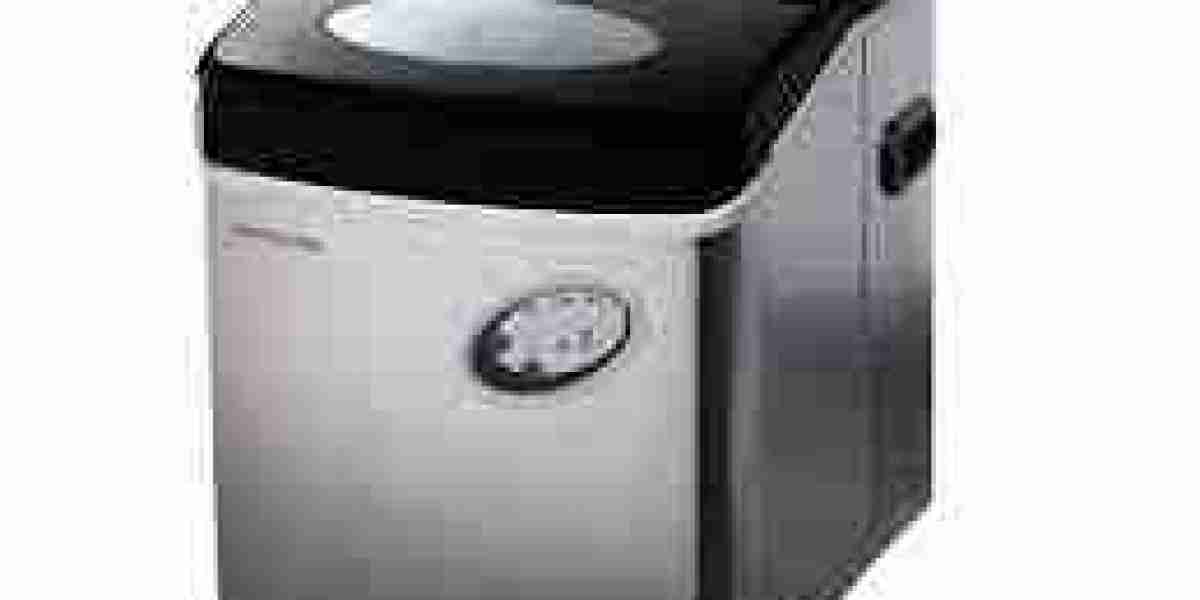Introduction:
In the bustling world of food service, where every detail counts, the humble ice machine plays a crucial role. Whether it's keeping beverages refreshingly cold or preserving the freshness of seafood, the right ice machine Commercial is indispensable for any commercial kitchen. But with a plethora of options available, navigating the market can be daunting. Fear not, for this guide aims to demystify the realm of commercial ice machines, empowering businesses to make informed decisions.
Understanding the Types:
Commercial ice machines come in various types, each suited to different needs:
1. **Modular Ice Machines:** These are ideal for high-demand environments, such as large restaurants or hotels, where a steady supply of ice is necessary. They produce large quantities of ice and can be paired with separate storage bins.
2. **Undercounter Ice Machines:** Designed to fit beneath counters, these machines are perfect for smaller establishments or bars where space is limited. They produce smaller quantities of ice but are convenient for direct access.
3. **Countertop Ice Machines:** Compact and versatile, these units sit atop counters and are commonly used in cafes, convenience stores, or office break rooms. They produce smaller amounts of ice but are sufficient for moderate demand.
4. **Dispenser Ice Machines:** These machines not only produce ice but also dispense it, making them ideal for self-serve environments like buffets, cafeterias, or healthcare facilities.
Considerations Before Purchase:
Several factors should be considered before investing in a commercial ice machine:
1. **Capacity:** Determine the volume of ice needed daily to meet demand. Overestimating or underestimating capacity can lead to inefficiencies or shortages.
2. **Space:** Evaluate the available space for installation. Consider the dimensions of the machine, including clearance requirements for ventilation and maintenance.
3. **Type of Ice:** Different applications may require specific types of ice, such as cubed, crescent, nugget, or flake. Ensure the chosen machine can produce the desired ice type.
4. **Water Quality:** Water quality significantly impacts ice quality and machine longevity. Investing in water filtration systems can prevent scale buildup and ensure clean, clear ice.
5. **Energy Efficiency:** Look for Energy Star certified models to minimize operating costs and environmental impact.
Maintenance and Care:
Proper maintenance is essential for maximizing the lifespan and efficiency of commercial ice machines:
1. **Regular Cleaning:** Follow manufacturer guidelines for cleaning and sanitizing the machine, including the ice bin and dispenser.
2. **Filter Replacement:** Replace water filters as recommended to maintain water quality and prevent mineral buildup.
3. **Inspect for Damage:** Routinely inspect the machine for leaks, damaged components, or signs of wear and tear. Promptly address any issues to prevent further damage.
4. **Ice Quality Checks:** Monitor the quality of ice produced, ensuring it is clear, tasteless, and free of impurities.
5. **Professional Servicing:** Schedule periodic servicing by certified technicians to address any maintenance or repair needs and optimize performance.
Conclusion:
A commercial ice machine Commercial is more than just a convenience—it's a vital component of any food service establishment. By understanding the different types, considering key factors before purchase, and implementing proper maintenance practices, businesses can ensure a reliable supply of high-quality ice to meet their needs. So, chill out and invest wisely in the perfect ice machine to keep things cool in the kitchen.








